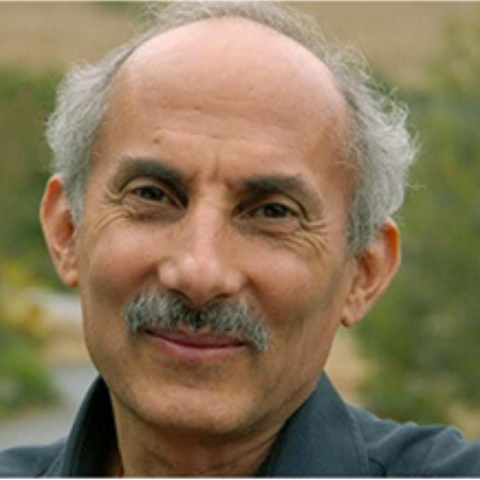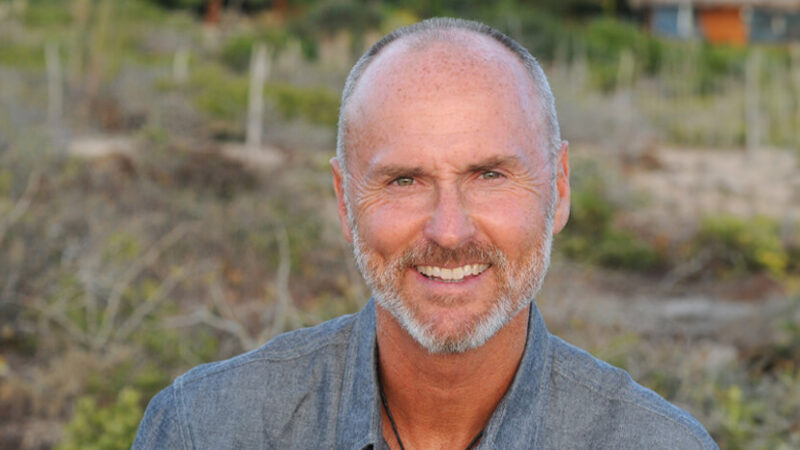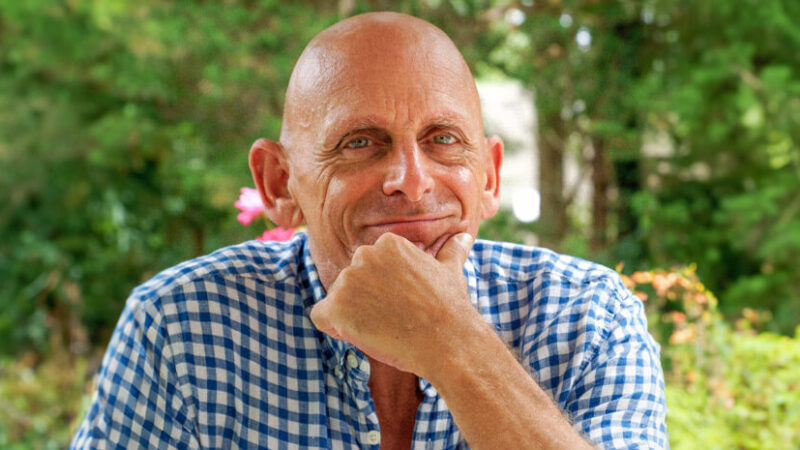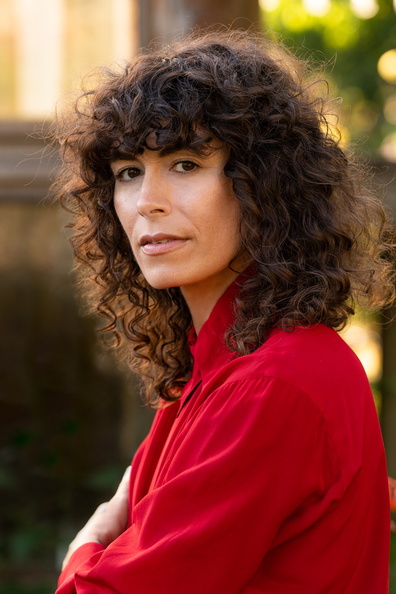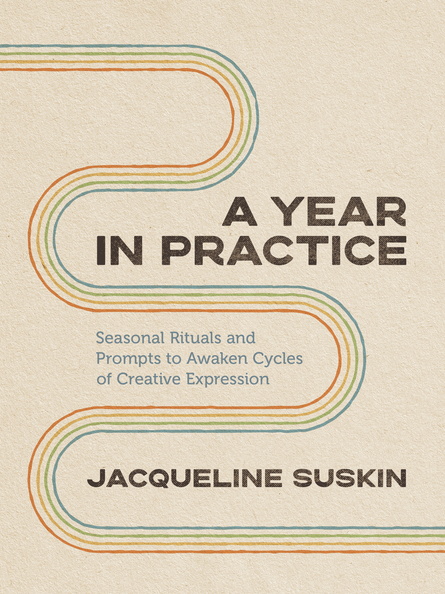The Psychology of Loving Awareness with Jack Kornfield
The Psychology of Loving Awareness with Jack Kornfield, PhD
A Two-Day Training in Transforming Difficulty into Ease and Well-Being
Loving awareness, mindfulness, and compassion have enormous power to benefit every human life. These time-tested tools of Eastern psychology are widely supported by modern neuroscience in more than 3,000 studies and research papers from the past 25 years. With The Psychology of Loving Awareness, master teacher Jack Kornfield invites professionals and meditators alike to join him in a retreat-like setting in San Diego, California to discover the transformative practices from Buddhist psychology that are now being applied in therapy, education, medicine, business, law, athletics, the arts, and in the personal lives of millions.
This two-day training will offer the theory and practice of age-old methods for transforming difficulty into ease and well-being. Through guided practices, wisdom teachings, experiential exercises, case studies, healing stories, dialogue, and inner training, Jack Kornfield will provide an immersive demonstration of the most important principles of Buddhist psychology for awakening the heart and mind—offering skills to aid professionals and deepen the practice of meditators, including:
- Directed healing
- Inner witnessing
- Compassion and forgiveness
- Refining clarity of intention
- Composure in stressful circumstances
- Mindfulness towards the body, thoughts, and emotions
- Fostering resilience, adaptability, and a gracious, wide perspective
When we see the spirit of a leader like Nelson Mandela, the Dalai Lama, or Aung San Suu Kyi, we come to realize what is possible when we meet the world from a place of loving awareness. By cultivating our capacity for balance and attunement, we can experience joyful embodiment of inner liberation, no matter what the outer circumstances.
Join us for two days of powerful practices, heartfelt reminders, clear teachings, personal skill-building, and clinical tools—shared in a warm, retreat-like setting with a loving and open community.

